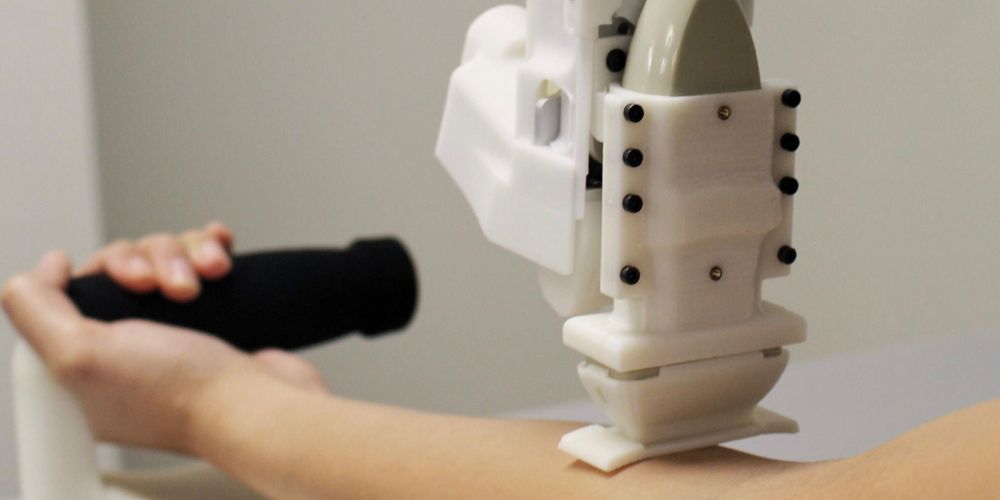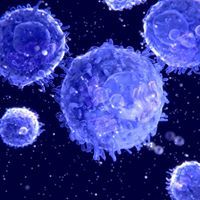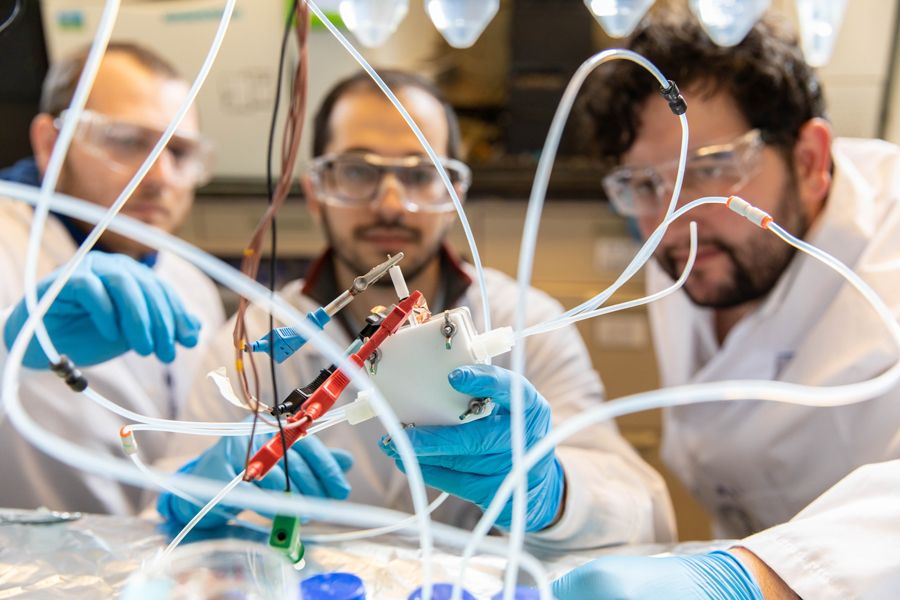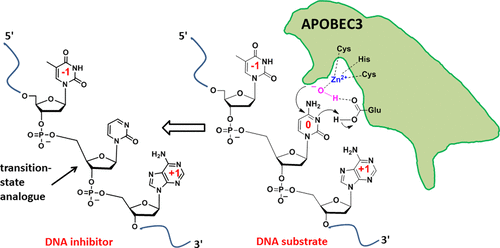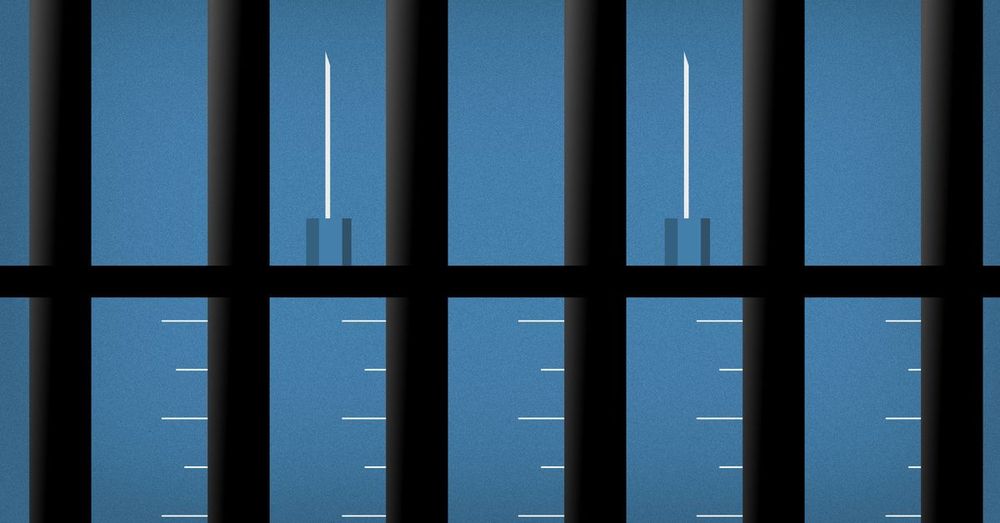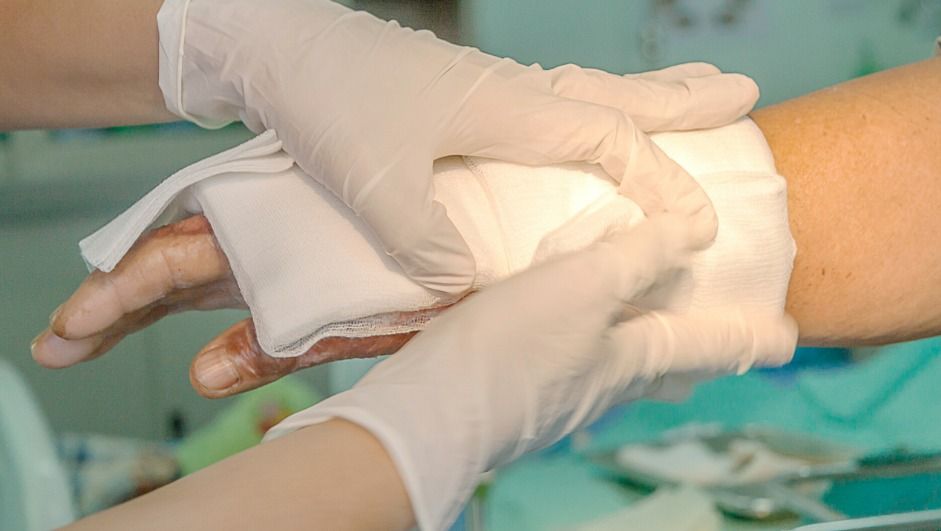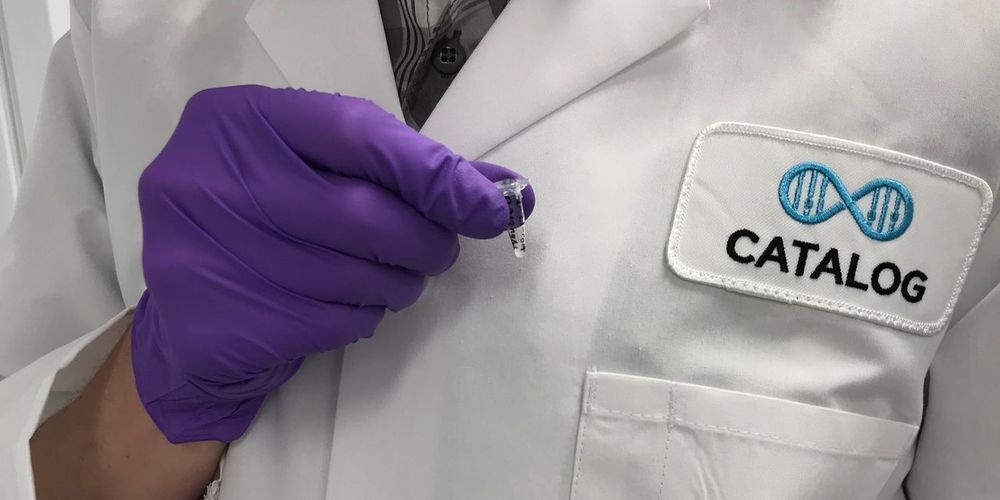
To address the challenge, some startups are making chips focused on specific software tasks. Others are pushing further, finding processing and storage solutions in new materials, including synthetic DNA.
Quantum computing is the best-known of these new methods. Startups as well as tech giants including Alphabet Inc.’s Google and International Business Machines Corp. are developing quantum computers, which harness the properties of quantum physics to sort through a vast number of possibilities in nearly real time. The advent of quantum computing has paved the way for other experimental techniques, startup executives say.
The market for new computing technology comes as advancements in traditional chip making are hitting a physical limit under Moore’s Law, the idea that every two years or so, the number of transistors in a chip doubles.
Continue reading “Where Computing Is Headed—Beyond Quantum” »
